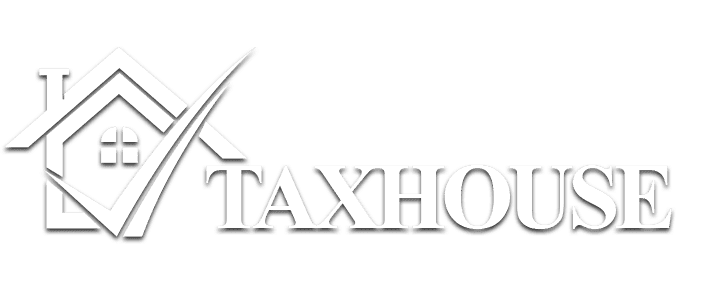Self-Employed Tax Essentials: What You Need to Know

Posted on May 7th, 2024.
Welcome to our comprehensive guide on self-employed tax essentials. As a self-employed individual, navigating the intricacies of taxation can be daunting. Understanding the nuances of self-employment tax is crucial for managing your finances effectively and staying compliant with the IRS.
In this article, we'll break down the essential aspects of self-employment tax, from filing requirements to deductible expenses and tax credits.
Introduction to Self-Employment Tax
Self-employment tax is a unique aspect of taxation that affects individuals who work for themselves. Unlike traditional employees who have taxes withheld from their paychecks, self-employed individuals are responsible for calculating and paying their taxes directly to the IRS. This tax consists of two main components: Social Security tax and Medicare tax. Understanding the fundamentals of self-employment tax is essential for managing your finances effectively and avoiding potential pitfalls.
Tax Filing Basics
Filing taxes as a self-employed person involves different requirements compared to traditional employees. It's crucial to determine whether you're considered self-employed according to IRS guidelines and understand your filing obligations accordingly. Self-employed individuals are generally required to file an annual tax return, but they may also need to make quarterly estimated tax payments throughout the year to avoid underpayment penalties. Familiarizing yourself with the tax filing process and staying organized with your financial records can help streamline the tax preparation process and ensure compliance with IRS regulations.
Deductible Business Expenses
One of the significant advantages of being self-employed is the ability to deduct legitimate business expenses from your taxable income. These deductions can help reduce your overall tax liability and increase your take-home pay. Common deductible expenses for self-employed individuals include costs related to operating a home office, purchasing business supplies and equipment, and traveling for business purposes. However, it's essential to understand the IRS rules regarding deductible expenses and maintain accurate records to support your deductions in case of an audit.
Effective Record Keeping
Accurate record-keeping is essential for self-employed individuals to track their income, expenses, and other financial transactions throughout the year. Maintaining detailed records not only simplifies tax preparation but also provides valuable insights into your business's financial performance. Consider implementing a robust record-keeping system using accounting software or cloud-based tools to streamline the process and ensure compliance with IRS requirements. By staying organized and proactive with your financial records, you can avoid potential headaches during tax season and make informed decisions to grow your business.
Retirement Savings Options
Planning for retirement is a critical aspect of financial planning for self-employed individuals. While you don't have access to employer-sponsored retirement plans, there are several retirement savings options available to self-employed individuals, such as SEP IRAs and Solo 401(k)s. These retirement plans offer tax advantages, including deductible contributions and tax-deferred growth, allowing you to build a nest egg for your retirement while reducing your current tax liability. Understanding the eligibility requirements and contribution limits for each retirement plan can help you make informed decisions to secure your financial future.
Leveraging Tax Credits
In addition to deductions, self-employed individuals may also be eligible for various tax credits designed to reduce their tax liability. These credits can provide significant savings on your tax bill if you meet the eligibility criteria. For example, the Earned Income Tax Credit (EITC) is a refundable credit available to low-to-moderate-income earners, including self-employed individuals. Similarly, the Retirement Savings Contributions Credit, also known as the Saver's Credit, provides a tax credit for contributions to retirement savings accounts. By understanding the available tax credits and maximizing your eligibility, you can optimize your tax strategy and keep more money in your pocket.
Reach out
Navigating the complexities of self-employment tax requires knowledge, planning, and attention to detail. At VV Taxhouse Inc. we specialize in helping self-employed individuals understand their tax obligations, maximize deductions and credits, and optimize their financial strategies for long-term success.
Whether you're a freelancer, independent contractor, or small business owner, we're here to support you every step of the way. Contact us today at 646-406-9320 or [email protected] to learn more about our tax services and how we can help you achieve your financial goals.
Contact
Get in Touch
Reach out to VV Taxhouse INC today and take a step toward mastering your finances. Our dedicated team is ready to assist you in navigating taxes, ensuring financial peace, and securing your future.

